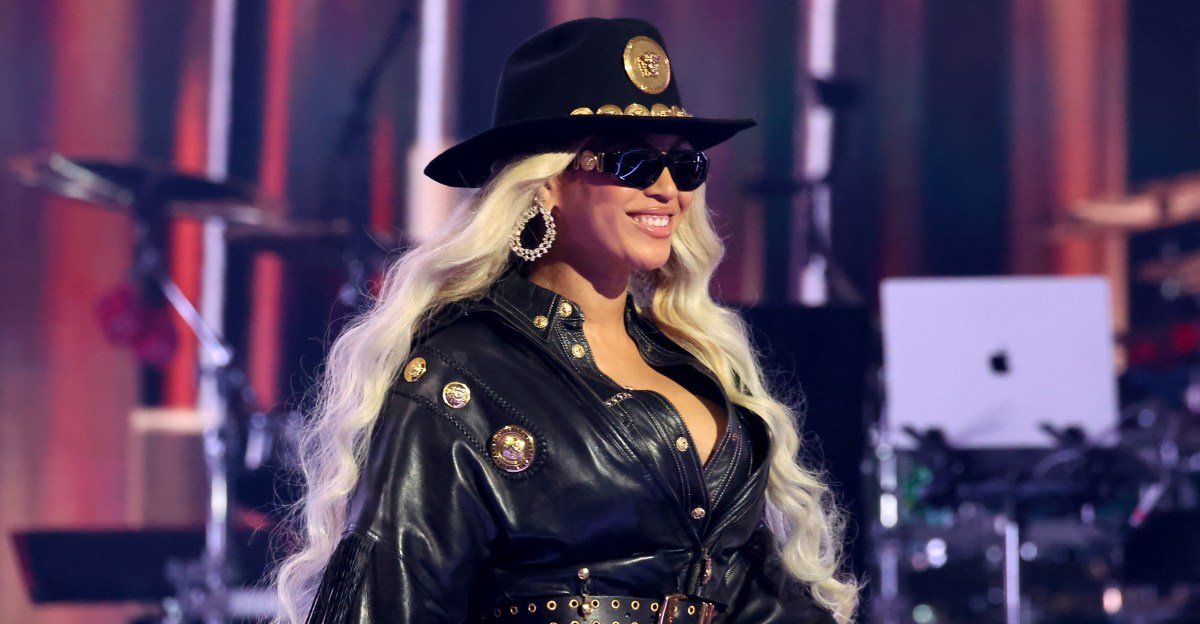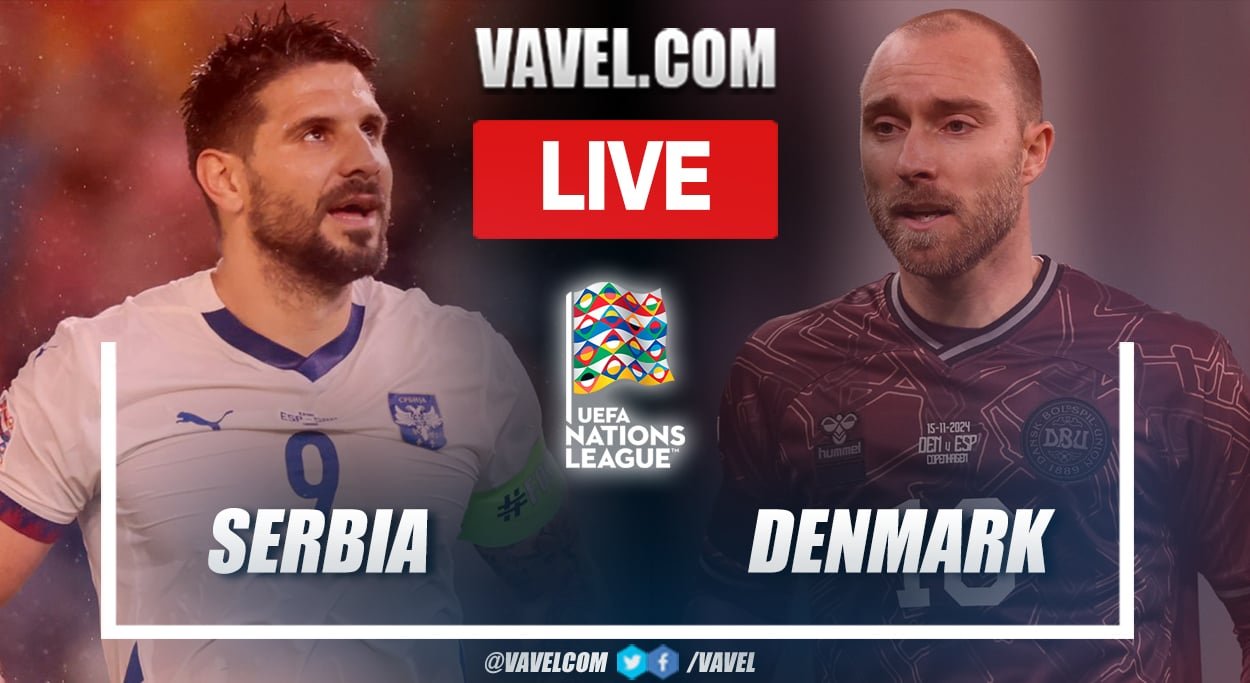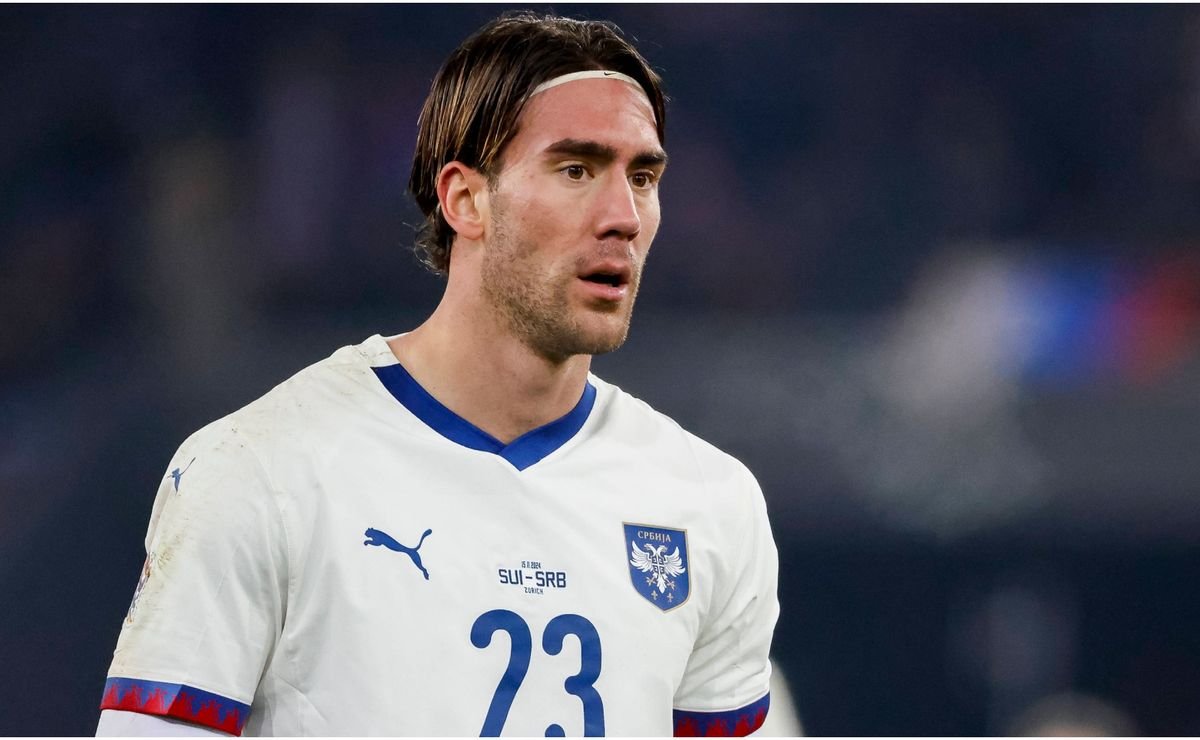Not only was Beyoncé on the playlist for Vice President Kamala Harris’ Houston rally on Friday, but she was also a special guest.
The question is how much Beyoncé can help Harris. The rally in deep-red Texas comes as the vice president finds herself in a tight showdown nationally (and in most swing states) against former President Donald Trump, and as Texas Democratic Senate candidate Colin Allred narrows the gap with… His Republican rival, Sen. Ted Cruz.
On Friday, Beyoncé became the latest influential celebrity to offer a sweet endorsement of Harris — someone she had already tacitly supported by allowing Harris to use a track from her album Lemonade as her campaign song. She joins the likes of Taylor Swift and Oprah, who threw their weight behind Harris’ campaign earlier this year, along with other celebrities like Megan Thee Stallion, Quavo, and Charli XCX.
While celebrity endorsements have not necessarily been proven to sway voters from one candidate to another, Beyoncé’s endorsement can motivate her fans to participate in the election. That could come in the form of an increase in voter registration, or higher turnout among young voters, women and Black voters — all of whom are key members of Beyoncé’s audience and critical Democratic constituencies the party needs to show up in large numbers.
Given how hotly contested this election is, any advantage — including just a boost in interest through Beyoncé’s endorsement — could count. More than any other race in recent memory, polls suggest that this race may be limited to small numbers of votes in key states.
“Although the effects are generally considered modest, in elections that depend on a small number of votes in a few swing states, any effect could be significant,” David Jackson, a Bowling Green State University professor, previously told Vox.
The impact a Beyoncé endorsement can have
Celebrity endorsements haven’t necessarily been found to persuade voters — although they can spark enthusiasm among people who follow them.
Oprah Winfrey’s support of former President Barack Obama in the 2008 Democratic primaries is a rare example of a specific endorsement having a tangible, scientifically researched impact on candidate selection. According to a 2013 Northwestern University study, her endorsement — one of the few political statements of support she made — translated into an uptick in turnout, donations, and nearly a million votes for Obama.
One major caveat of this study is that it focused on Democratic primaries, when voters were choosing among candidates with the same party affiliation, rather than general elections, when candidates tend to have large partisan differences. Additionally, experts point out that endorsements can provide voters with more useful information in primaries when there is a broader mix of new and familiar options. In general elections, if candidates are more established, endorsements are less likely to provide new insights.
“That was a different environment because it was a Democratic primary where Oprah had weight in that contest,” Barry Borden, a political science professor at the University of Wisconsin-Madison, told CBS 58, a regional affiliate in Wisconsin. “So everyone involved is essentially a Democrat or sympathetic to a Democrat, and that’s where endorsements can really matter.”
However, this case study shows how a high-profile celebrity can exert his influence. It may enhance the candidate’s connection to a particular age group or demographic, and can help pique people’s interest.
“If all of a sudden you see it in your social media feed or on TikTok or wherever, and you see that one of your favorite celebrities has given an interview or had a conversation with a politician, that politician is likely to get attention once they get into people’s accounts.” “Interest extends,” Josephine Harmon, an assistant professor of political science at Northeastern University in London, previously told Northwestern Global News.
Beyoncé’s endorsement could boost Harris’s credibility among her listeners and increase her appeal given the singer’s popularity and influence. A fan who was already leaning toward the Democratic Party could be motivated to register to vote, or attend a rally, because of his endorsement.
Swift’s endorsement in September illustrated some of these effects. Following Swift’s Instagram endorsement of Harris, which urged people to register to vote, 406,000 people clicked on the link to Vote.gov, which directs people to various voting sites in the state. It’s not clear how many people tuned in to their recordings, but the spike in interest alone was noticeable.
It’s possible that Beyoncé, given her large following and reach (she boasts 314 million followers on Instagram compared to Swift’s 283 million), could have a similar impact.
I read one article last month
Here at Vox, we believe in helping everyone understand our complex world, so we can all help shape it. Our mission is to create clear, accessible journalism to enable understanding and action.
If you share our vision, please consider supporting our work by becoming a Vox Member. Your support of Vox ensures a stable, independent source of funding to support our journalism. If you’re not ready to become a member, even small contributions are helpful in supporting a sustainable model of journalism.
Thank you for being part of our community.
Swati sharma
Fox Editor-in-Chief











